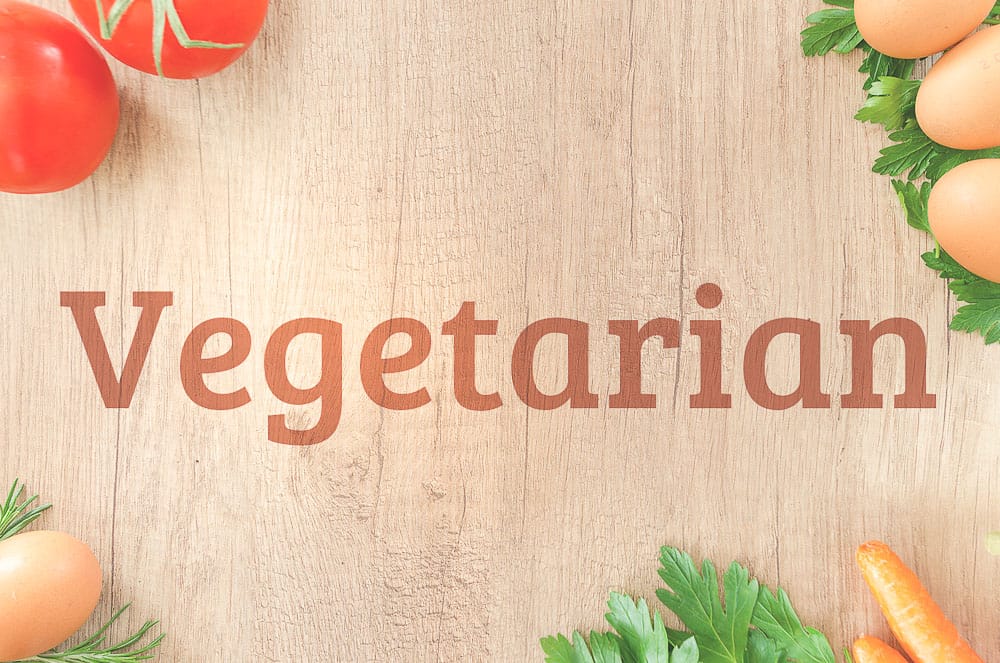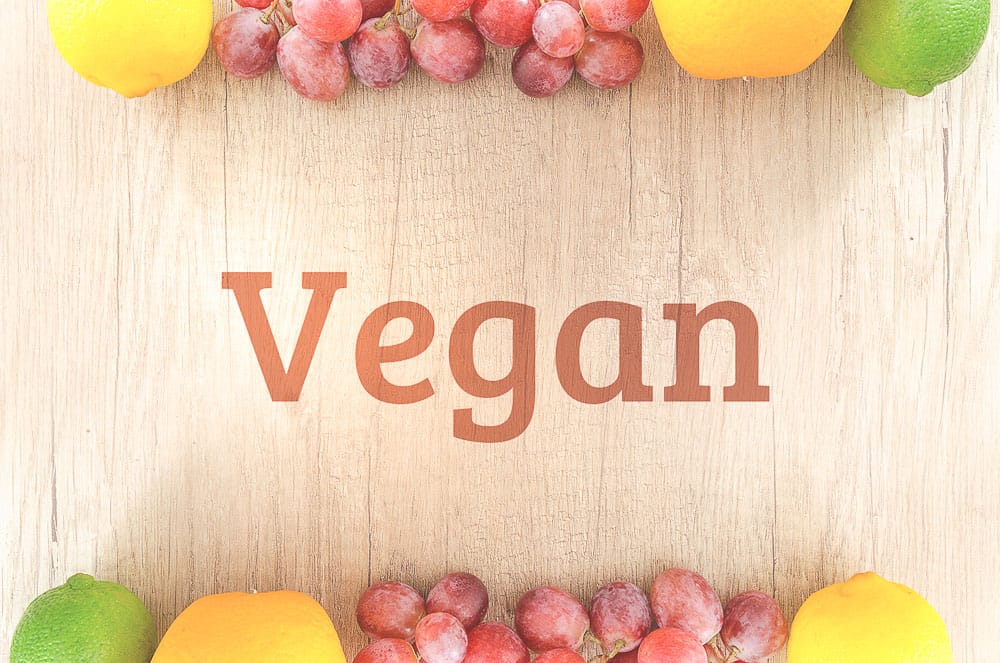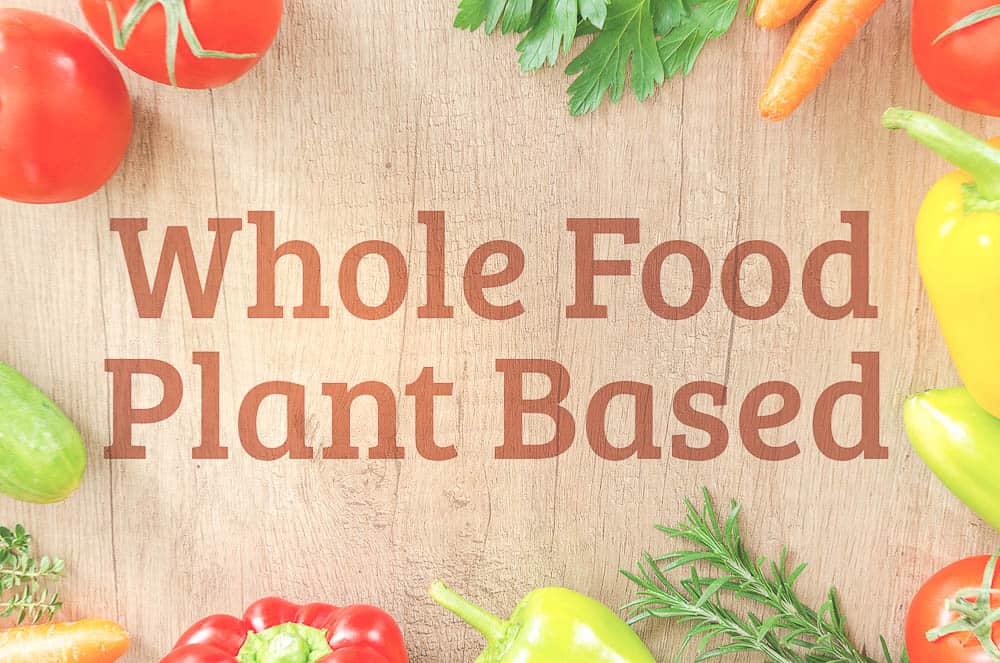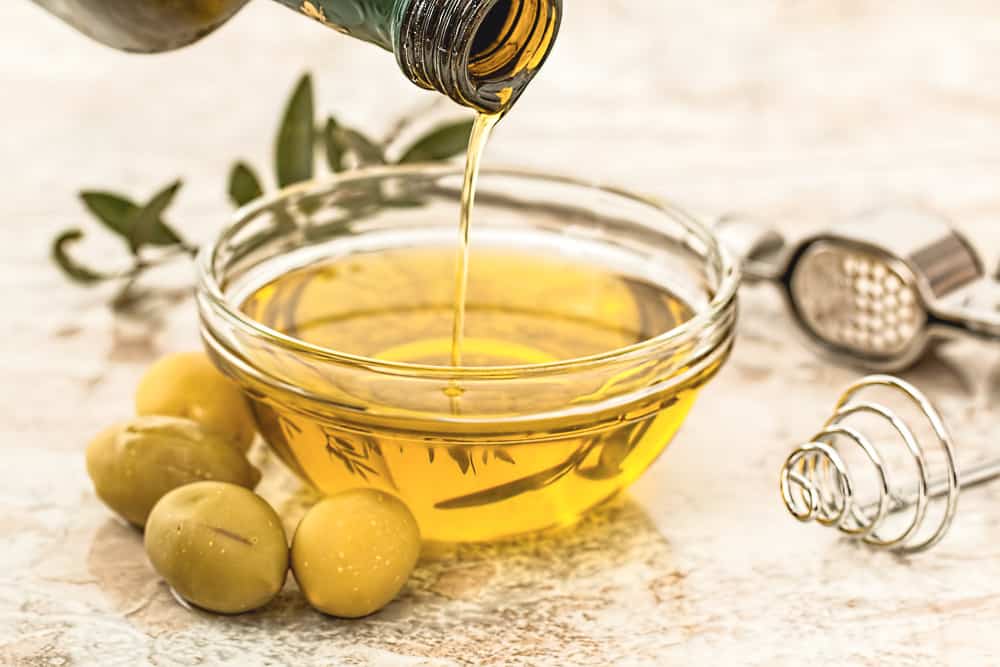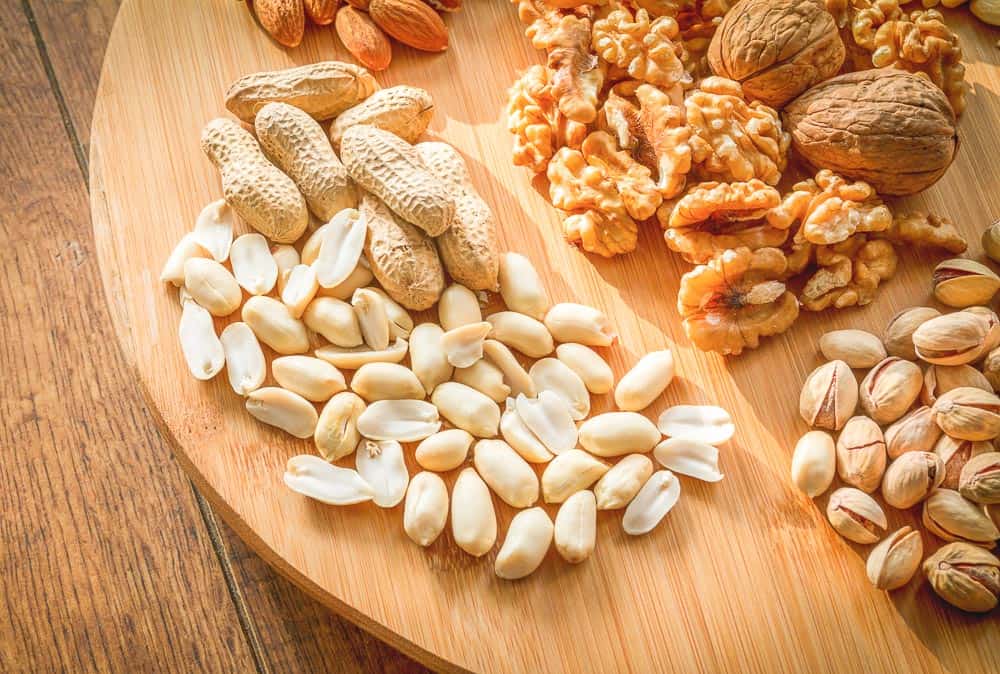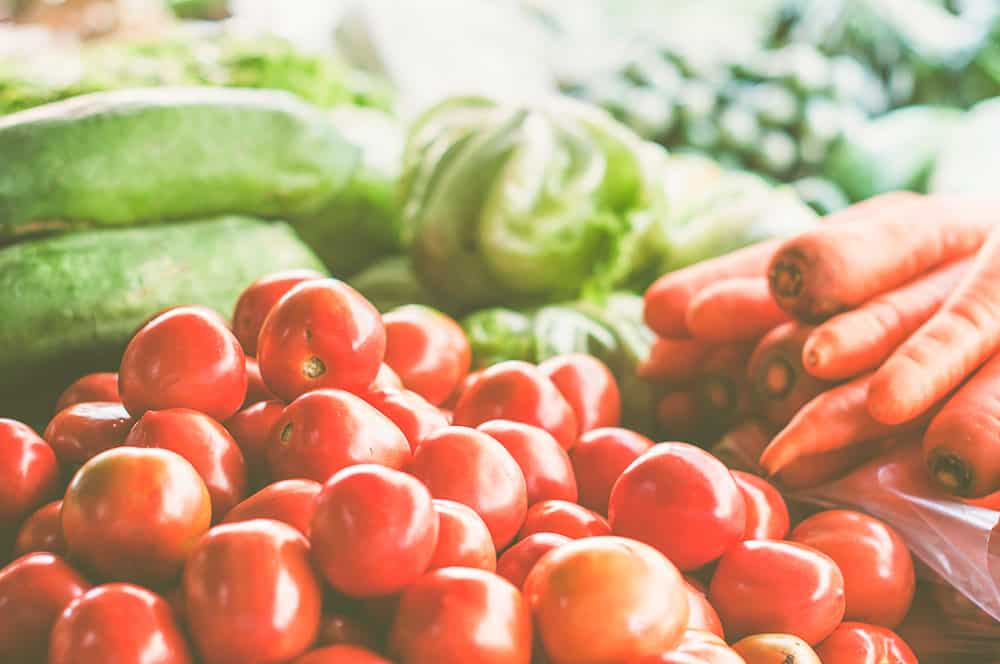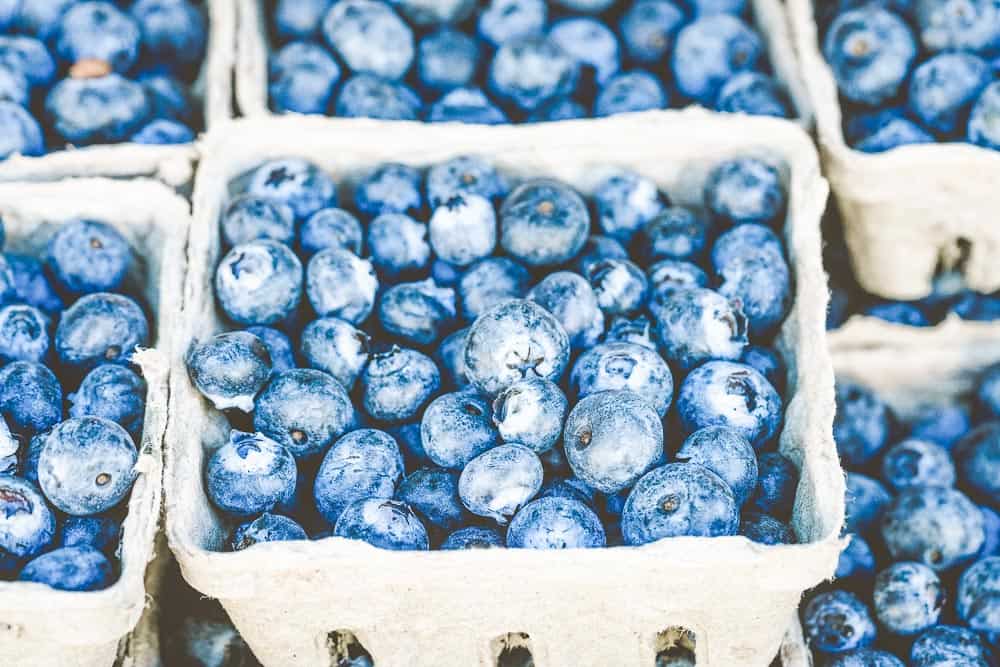 Vegetarian, Vegan, and Whole Food Plant Based – What’s the Difference?
Vegetarian, Vegan, and Whole Food Plant Based – What’s the Difference?
That’s a great question! And a common one too. Let’s see if we can help make the differences a little more clear.
Vegetarian
A vegetarian is an individual who does not eat meat, poultry, or seafood but may consume products that come from animals. For example, dairy products like cheese, milk, ice cream, etc. and eggs. They may do so for ethical, moral, religious and/or health reasons.
Vegan
A vegan is an individual who does not eat meat, poultry, or seafood and also do not consume any animal products such as dairy, eggs, or any products of animal origin. They will not own or wear animal products such as leather or fur, do not own or use products that have been tested on animals, and refrain from using animal derived substances and cosmetics. They may do so for ethical, moral, religious and/or health reasons.
Whole Food Plant Based
An individual who follows the Whole Food Plant Based diet (acronym: WFPB) does not eat meat, poultry, or seafood. They also do not consume any products that come from animals such as dairy, eggs, or products of animal origin. Additionally, they do not consume any oil, processed sugar, processed grains, and processed salt. They only consume whole foods and foods that are minimally processed and/or unprocessed. These individuals typically do so for health reasons, but may also do so for ethical, moral, and/or religious reasons.
Now, that we have that all cleared up. You may have a bunch of new questions – which is great! You are excited to learn more, and we are here to help!
A Vegan diet is just as healthy as an individual on a Whole Food Plant Based diet, right?
Not necessarily. A Vegan can consume non-animal based junk food such as highly processed: chocolate sandwich cookies, fried foods, candy, and potato chips. This includes highly processed vegan “meat” replacements which typically contain a lot of oil. It doesn’t mean that they do, it just means that they can consume it within the Vegan lifestyle. While a person on a Whole Food Plant Based diet, cannot consume highly processed foods, oils, refined sugar, and large amounts of salt. The WFPB diet is typically healthier than a Vegan diet.
Are all Whole Food Plant Based diets the same?
Another excellent question! The foundation of all WFPB diets is the same. In other words, no animal products like: meat, poultry, seafood, dairy, or eggs, along with no oil, no refined sugar, no highly processed grains, and only minimally processed and/or unprocessed foods. They consume whole foods, such as fruits, vegetables, and whole grains. However, once you start to explore the boundaries of sugar, salt and some other foods, the Whole Food Plant Based Diet branches out into different groups based upon which philosophy, documentary, or doctor/nutritionist you follow. For example, Whole Food Plant Based diets will not allow processed refined sugar such as white and brown sugar; however, depending upon which WFPB branch of philosophy you follow will dictate what sugars are permitted. For instance, most WFPB branches of philosophy will allow 100% pure organic maple syrup; however, you may find some restrictive groups that do not allow any sugar including 100% pure organic maple syrup. These individuals with more extreme restrictions have typically had a life event where recovery dictates refraining from all sugar.
What is a whole food?
A whole food is food that is unprocessed and free of additives or other artificial substances, or minimally processed. For example, an apple is a whole food, but applesauce may not be a whole food if sugar or chemicals have been added. Organic applesauce with no sugar added and no harmful additives or chemicals added, is considered a whole food.
How will I know which processed foods are considered acceptable to eat?
The best way to determine if a processed food is considered acceptable to eat is to read food ingredient labels. Does it list foods that are easily recognizable or is there a long list of chemicals or words that you do not know? Most foods that come out of a box are typically not a whole food (e.g. crackers, cookies, potato chips, most prepared meals in the freezer isle). However, there are some wonderful minimally processed foods that are considered whole foods because their ingredients are made up of whole foods and do not include oils, sugar, chemicals, and additives.
I noticed that a lot of your recipes are also gluten free, why is that?
Another great question! Robin here! My son, Chris, was diagnosed with Celiac Disease several years ago. Celiac disease is a serious autoimmune disease that can occur in genetically predisposed people. It affects people differently. It is triggered by consuming a protein called gluten, which is found in wheat, barley, and rye. When individuals with this disease eat foods containing gluten, their immune system responds by damaging the finger-like villi of the small intestine. When we first started our vegetarian/vegan/WFPB journey, it was with the mission to create healthy vegetarian gluten free recipes for Chris. Plus, Chris, Katie, and Charlotte are vegetarians and Chris is gluten free. When we went WFPB in 2017, we continued our gluten free approach to recipes.
Well, then do I need to be gluten free too?
If you are gluten sensitive or have Celiac Disease, then yes, you need to be gluten free. Gluten is not necessarily bad for you. Gluten contains protein and iron, so completely removing it from your diet for non-medical reasons isn’t necessary.
So, if I follow your recipes, am I depriving myself of gluten?
Following our recipes will definitely give you a full range of vitamins and minerals. The recipes are Whole Food Plant Based and healthy for you. You can follow and make our recipes and feel comfortable that you are making good healthy choices for you and your family. Many Whole Food Plant Based recipes naturally do not have gluten in them simply because recipes are comprised of ingredients that are naturally gluten free such as vegetables, fruits, beans, nuts, seeds, etc. Plus, most conventional products that contain gluten are highly processed and not allowed on the whole food plant based diet. There are a few minimally processed gluten products that are acceptable, but make sure your read the ingredient labels for only whole foods and no oils, sugar, chemicals, or additives. The beauty of a whole food plant based diet is that it is almost always naturally gluten free, which is especially great for those who are gluten sensitive or have Celiac disease.
The Whole Food Plant Based diet also incorporates whole grains such as whole wheat, barley and rye.
Sign up for our emails and receive our free Ultimate List of Whole Food Plant Based Food Items!
